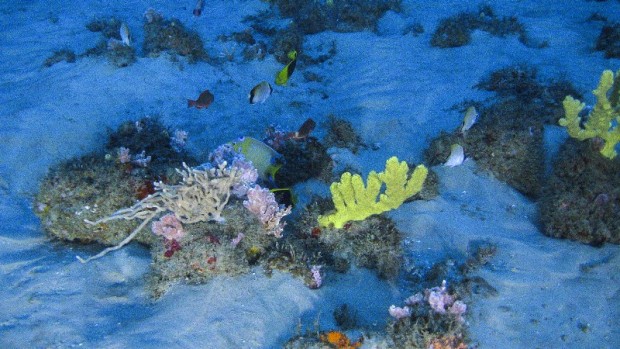BP and Total have suffered a massive setback in their plans to drill for oil near the Amazon Reef. The companies’ joint application for a drilling permit is in crisis, after the Brazilian government rejected their environmental impact study.

BP and Total have suffered a massive setback in their plans to drill for oil near the Amazon Reef.
The companies’ joint application for a drilling permit is in crisis, after the Brazilian government rejected their environmental impact study.
In a strongly-worded statement, Brazil’s environment agency IBAMA criticised the companies for their substandard oil spill modelling, and has threatened to shelve their entire application if they can’t sort it out.
The application is flawed – but they’ve got one last chance to fix it
IBAMA said that despite repeated requests, the companies’ application still doesn’t explain how leaking oil might disperse, and highlighted potential risks to French Guiana, Suriname, Guyana, Venezuela and Caribbean islands from a cross-border oil spill. The regulator also criticised the lack of information about possible impacts on local mammals, turtles and birds.

Total, which is leading the application in partnership with BP, has one more chance to fix the flaws in its study – but the government’s patience is running out.
“This will be the third and last time that the Agency is willing to allow Total to provide adequate information about the environmental impact of the project. If Total does not adequately address the outstanding requests from the technical team, the licensing process will be finally archived”, said Suely Araujo, IBAMA’s president.
Although Ibama’s criticism focuses on Total, BP holds a 30% stake in this application, as well as owning a separate drilling block of their own. Today’s decision will make it much harder for BP to pursue a solo project later on.
After two years and multiple unanswered questions, the oil companies still can’t get their paperwork straight. If they can’t even manage to navigate this licensing process, it’s not clear how they expect to cope with the swirling currents and super-deep waters near the Amazon Reef.
The companies’ dangerous plan has already been rejected by scientists, local communities, and 1.3 million people around the world – and now the Brazilian government are on the verge of rejecting it too.
Maybe it’s time they took the hint?

